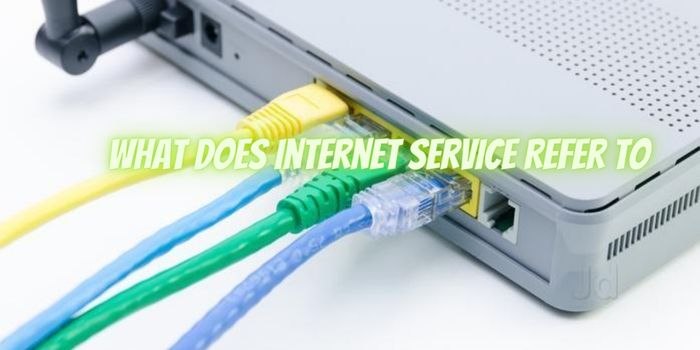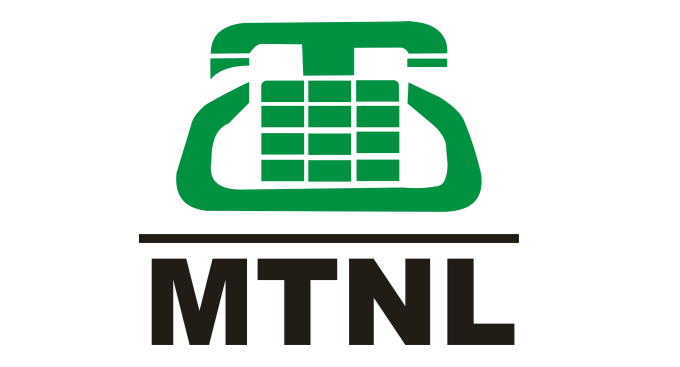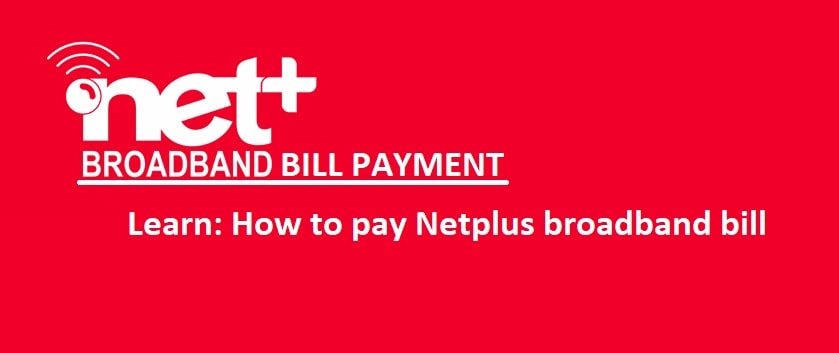What Does Internet Service Refer to? Understanding the Basics
Not everyone understands the science behind connecting to a “network” and suddenly being able to access billions of content and resources online. That is why the team at Net Ops Communications, LLC has taken time out to explain internet services, what they refer to, what internet service providers are, and everything you may need to know about this breakthrough technology.
Read on to find answers to your common questions about internet and internet services.
What Does the Internet Mean?
The internet, also called the Net, is a worldwide computer network system that facilitates global communication, data, and resources access. The internet allows permitted or authorized users to connect to a wide range of resources, either private, public, business-related, focused on academics, or the government.
Due to the expanse of resources on the internet and its many use cases, it is controlled and marshaled by agencies like the Internet Assigned Numbers Authority (IANA) – in charge of establishing global internet protocols.
It’s important to note that “Internet” as a term has morphed over the years and may be referred to as the World Wide Web in the global communication space.
What Does Internet Service Mean?
Internet service is the provision of internet access as a service to individuals, businesses, and private or public organizations. Internet services are provided by licensed providers known as Internet Service Providers (ISPs) who have the equipment, tools, infrastructure, and manpower to maintain a constant stream of internet access to subscribers.
Who is an Internet Service Provider?
Internet service providers (ISPs) are companies or organizations that provide internet services and access through multiple means like cable, dial-up, wireless, DSL, or fiber-optic connections. Internet service providers make it easier for customers (individuals, businesses, private and public) to access the internet for various needs like shopping, conducting business, informational search, and connection to family and friends.
Over the years, internet service providers have expanded their product and service coverage, allowing them to also supply internet-enabled devices to customers on their network. This bundled package ensures customers access to the internet using their most preferred devices.
Other services provided by some internet service providers include domain registration and web hosting, browsing and internet calling services, and more.
Services Offered by Internet Service Providers
Internet service providers primarily offer internet access as a service to their customers and subscribers. However, they may often offer additional services to facilitate the primary solution delivered.
Common services offered by internet service providers include;
Equipment Rental: Many internet service providers offer equipment rental services to facilitate faster and seamless internet connection. Equipment often includes internet routers and modems that support faster internet speed.
Technology Support: ISPs often have a team of customer service professionals and technical support personnel to handle non-technical and technical concerns related to customers. The non-technical concerns are often handled by the customer service team, while technical issues are troubleshooted and fixed by the technical team.
Email Access: Some ISPs provide email services to their customers, especially those who wish to have specific or customized emails associated with their ISP accounts.
Tiered Connection Plans: Customers can also enjoy tiered internet connection plans to save money and cater to their usage. With these plans, customers can choose the different internet connection speed applicable to them, data allowance over a specific period, and manage costs on internet access.
What Are The Types of Internet Service Providers?
Internet service providers have access to a larger stream of high-speed internet lines. They administer this stream of high-speed internet to cater to each user’s specific plan and internet access needs.
Internet service providers are generally classified into three categories or tiers based on their size, access to internet lines, and infrastructures.
Tier 1 ISPs
Tier 1 ISPs are the largest internet service providers with a global reach and a widely established network of infrastructure to support their services. These service providers carry the most traffic in their network lines and control the flow of traffic across a network of other Tier 1 ISPs.
Tier 1 ISPs supply Tier 2 ISPs with the needed internet access and bandwidth.
Tier 2 ISPs
Tier 2 ISPs are intermediate internet service providers with regional or nationwide coverages. These service providers are a bridge between Tier 1 and Tier 3 ISPs, facilitating the seamless flow of internet traffic, bandwidth, and access through the upper and lower level of internet provision.
Tier 2 ISPs focus on supplying large consumers or commercial customers.
Tier 3 ISPs
Tier 3 ISPs are the least complicated level that supplies the general consumers and public with internet access. These ISPs often have a limited range, sometimes covering one or more states, cities, or local areas.
Tier 3 ISPs focus mainly on individual internet users and small local businesses with relatively small internet access needs.














Post Comment
You must be logged in to post a comment.